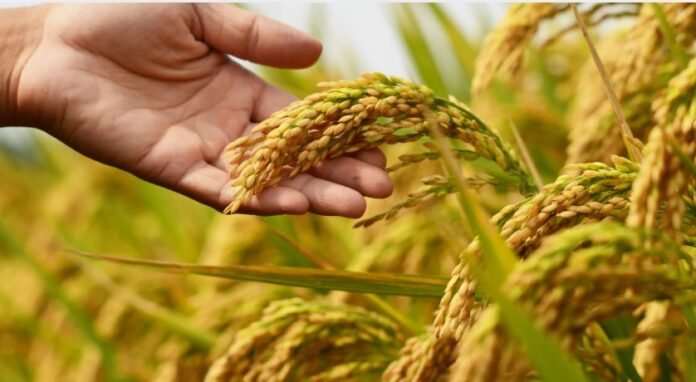Initial fears of severe losses to Pakistan’s Basmati crop due to flooding in the Indus delta have been largely overstated, according to official assessments and industry sources. Early global reports suggested up to 60% damage, but the Rice Exporters Association of Pakistan (REAP) assured international buyers that the country’s Basmati export capacity remains intact.
According to a news report, the Agriculture Department of Punjab, which produces over 90% of Pakistan’s Basmati rice, estimated that floodwaters affected 250,000–270,000 hectares of fields—around 10.1% of the total 2.7 million hectares sown for the 2025 Kharif season. These findings align with data from the Food and Agriculture Organization (FAO) and satellite imagery from SUPARCO.
One factor mitigating losses is the expansion of Pakistan’s Basmati-planted area from 2.02 million hectares to 2.38 million hectares this year. The localized nature of the flooding, combined with timely alerts and Pakistan’s position in the lower Indus basin, has limited the overall impact on production. For instance, in the Sutlej river belt near Arifwala, paddy submerged for a week still produced about 50% of the average yield, though grain quality was affected.
Meanwhile, India is experiencing greater setbacks. In Punjab, around 200,000 hectares—or 28% of planted area—has been impacted by floods, particularly early-maturing Basmati varieties. A concurrent shortage of nitrogen-based fertiliser has further affected yields.
Indian Basmati planting has already declined by 24% compared to last year, prompting exporters to shift sourcing to regions such as Haryana, Western Uttar Pradesh, and Madhya Pradesh.
In Pakistan, the Basmati crop is now at a critical pollination stage, supported by favourable September weather, with both Monsoon and Mediterranean Westerly rains helping stabilise production. Despite initial panic-driven price surges among global importers, emerging assessments suggest the international market will remain stable.
REAP expects Pakistan to meet its export commitments and could benefit from relative setbacks in India’s Basmati output this season.




